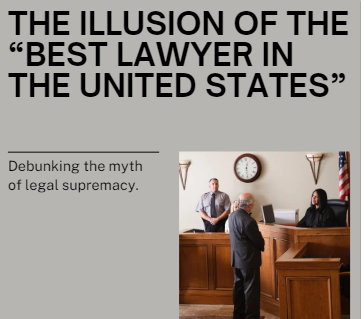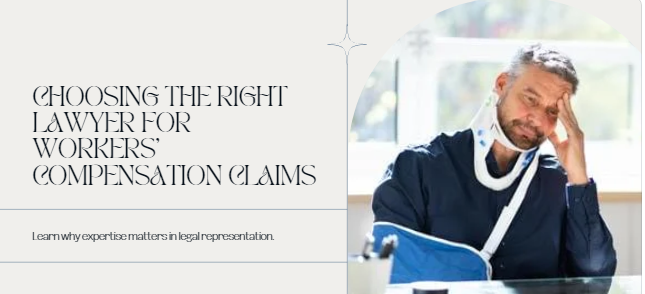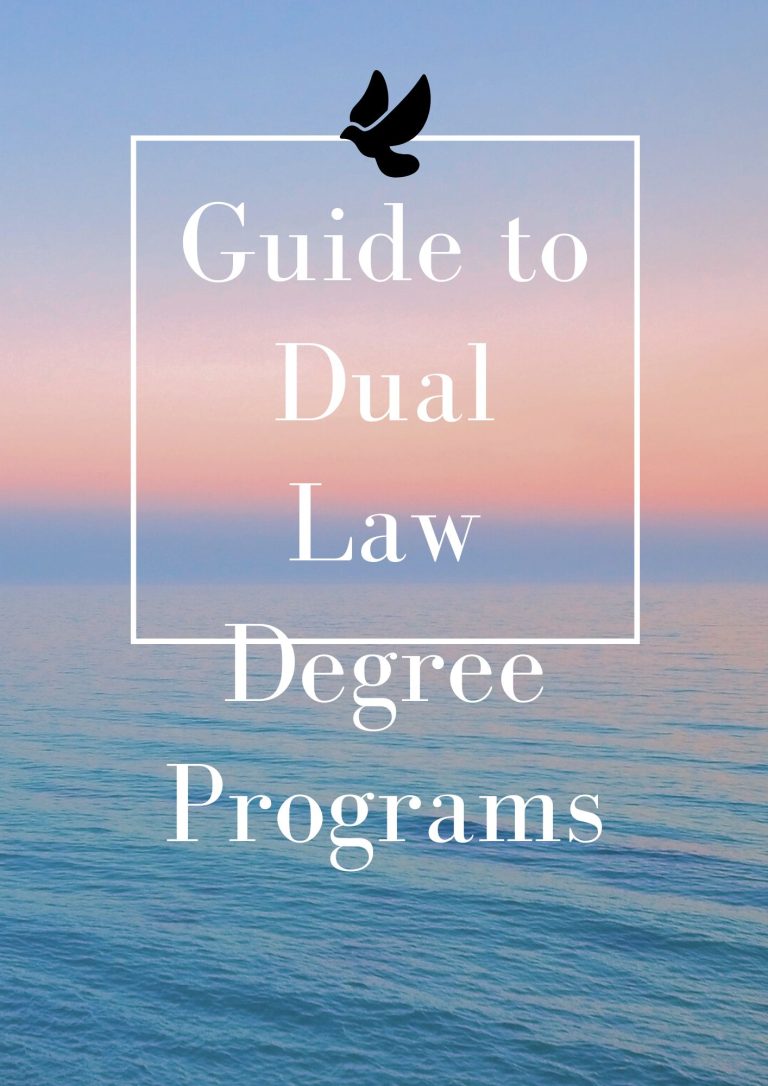Have you ever been in a situation where you needed a lawyer? Maybe you’re facing a legal issue for the first time, and the whole thing feels overwhelming. You might start searching online for the “best lawyer in the United States.” But hold on a minute – is there really one single “best” lawyer for everyone?
The truth is, the legal system is vast and complex. There are many different areas of law, and what makes a lawyer “good” depends entirely on your specific needs. This article will debunk the myth of the ultimate “best” lawyer and guide you on how to find the right legal representation for YOU.

Why There’s No Such Thing as the “Best” Lawyer
Here’s why the idea of a single “best” lawyer in the whole country doesn’t quite work:
- Specialization: Lawyers specialize in different areas, just like doctors. You wouldn’t go to a cardiologist for a broken arm, would you? Similarly, a lawyer who’s amazing at handling corporate mergers might not be the best fit for your personal injury case.
- Location: Laws and procedures can vary by state, city, or even court. A lawyer who’s a superstar in California might not be familiar with the specifics of your case in New York.
- Experience: Lawyers gain experience over time, tackling different types of cases. An experienced lawyer in a specific area might be more effective than a brilliant newcomer who hasn’t handled similar cases before.
- Your Needs: Every legal situation is unique. Your personality and what you expect from your lawyer also matter. You might need someone aggressive for a heated divorce battle, or someone more empathetic for a sensitive immigration case.
The good news: There are plenty of fantastic lawyers out there who can champion your cause. The key is to find the one who’s the perfect fit for YOUR situation.
Finding the Right Lawyer: Your Essential Checklist
Now that you know the “best” lawyer is a myth, let’s explore how to find the lawyer who’s truly best for you:
- Identify Your Legal Needs: The first step is to clearly understand what kind of legal help you need. Are you facing a criminal charge, a contract dispute, a real estate issue, or something else entirely? Knowing the area of law will help you narrow down your search.
- Ask Around for Recommendations: Talk to friends, family, colleagues, or anyone you know who might have had a positive experience with a lawyer. Personal recommendations can be a great starting point.
- Search Online Directories: Law associations and online legal directories can be helpful tools. They often allow you to search for lawyers by location, practice area, and even client reviews (keep in mind these reviews should be one factor among many).
- Consider Experience and Track Record: Look for lawyers who have experience handling cases similar to yours. Their track record of success in your specific legal area can be a good indicator of their capabilities.
- Schedule Consultations: Most lawyers offer initial consultations, which are short meetings where you can discuss your case and get a sense of their personality, communication style, and fees. Don’t hesitate to interview several lawyers before making a decision.
Here are some additional tips for your consultations:
- Come prepared: Have a clear timeline of events, any relevant documents, and a list of questions ready for the lawyer.
- Ask about fees and billing structure: Lawyers have different fee structures, so understand how they charge before moving forward.
- Feel comfortable: It’s important to feel comfortable with your lawyer. You should be able to communicate openly and honestly with them.
Beyond the Basics: Qualities of a Great Lawyer
Here are some additional qualities to consider when choosing your lawyer:
- Communication Skills: A good lawyer can explain complex legal matters in a way you can understand. They should be able to answer your questions clearly and keep you informed throughout the process.
- Attention to Detail: The law is full of details, and a good lawyer won’t miss anything important. They should be thorough and meticulous in handling your case.
- Negotiation Skills: Many legal issues can be resolved through negotiation. A skilled lawyer can advocate for your best interests and negotiate a favorable outcome.
- Problem-Solving Skills: Legal matters can be unpredictable. Your lawyer should be resourceful and able to think creatively to address unexpected challenges.
- Professionalism and Ethics: You want a lawyer who is professional, ethical, and respectful of the court system.
Beyond the Basics: Building a Strong Lawyer-Client Relationship
Once you’ve chosen a lawyer, it’s important to cultivate a strong relationship for a successful outcome. Here are some tips:
- Be Clear and Honest with Your Lawyer: Provide all the information you have, even if it seems unfavorable. Your lawyer can’t effectively represent you without complete transparency.
- Stay Responsive: Respond promptly to your lawyer’s requests for information or updates. Delays can slow down the process.
- Be Proactive: Ask questions, express your concerns, and stay involved in your case. A good lawyer welcomes your input.
- Manage Your Expectations: Lawsuits can take time, and outcomes are rarely guaranteed. Discuss realistic goals and timelines with your lawyer.
- Trust Your Lawyer’s Judgment: You’ve hired them for their expertise. While open communication is key, ultimately, trust your lawyer’s professional judgment on strategic decisions.
Red Flags to Watch Out for When Choosing a Lawyer
While most lawyers are ethical and dedicated, it’s always wise to be aware of potential red flags:
- Unrealistic Guarantees: If a lawyer promises a guaranteed win, be wary. The legal system is unpredictable, and no lawyer can control the outcome of a case entirely.
- High-Pressure Tactics: A good lawyer will explain your options clearly and respect your decisions. Don’t be pressured into signing contracts or making rushed choices.
- Excessively High Fees: Get quotes from several lawyers and compare fees. If a lawyer’s fees seem unreasonably high, get clarification and explore other options.
- Poor Communication: Your lawyer should be readily available to answer your questions and keep you updated. Lack of communication can be a sign of trouble.
- Unethical Behavior: If your lawyer suggests unethical actions or seems dishonest, end the relationship immediately and report them to the appropriate authorities.
Beyond Lawyers: Alternative Dispute Resolution (ADR)
Lawsuits can be expensive and time-consuming. Here are some alternative dispute resolution (ADR) options to consider:
- Mediation: A neutral third party facilitates communication between you and the other party to reach a mutually agreeable solution.
- Arbitration: A neutral third party acts as a judge, hears arguments, and issues a binding decision. This can be quicker and less formal than a traditional lawsuit.
Remember: ADR options are not always suitable for every situation. Discuss the pros and cons with your lawyer to see if they might be a good fit for your case.
Conclusion: Finding the Right Legal Representation – It’s All About You
The legal system can be complex and intimidating, but with the right lawyer on your side, you don’t have to face it alone. Remember, the “best” lawyer isn’t a mythical figure – it’s the lawyer who is the best fit for YOUR specific needs. By following these steps and understanding your options, you can confidently navigate the legal landscape and find the legal champion you deserve.






